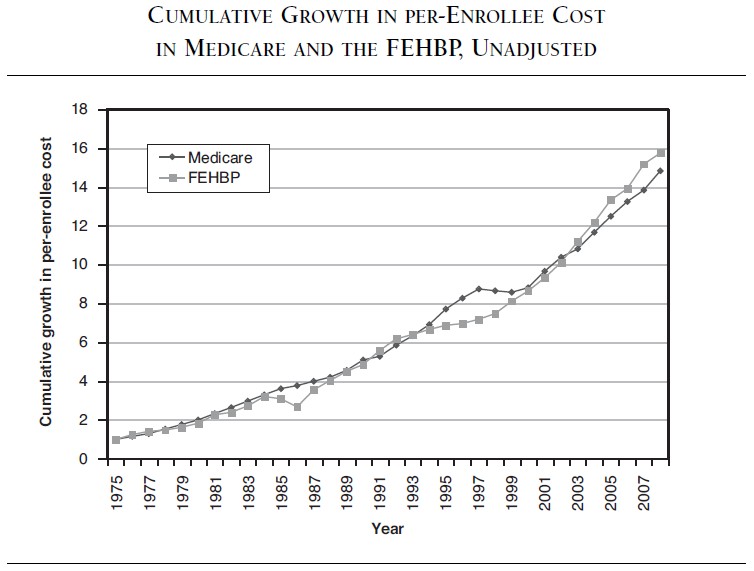I remember the days when I bused across the 14th Street bridge, over the Potomac River and into work up Independence Avenue in Washington, DC. The vehicle was half loaded with Department of Health and Human Services employees, mostly with job titles like program manager or specialist. During our early morning rides, some of these folks had trouble distinguishing between the Style and Sports sections of the Washington Post. After all, both start with "S", don't they? From among this population come the architects and administrators of Obama's health care law. It's guaranteed to crater. The administration's resulting answer to competition and choice is to offer the typical government tyrannical solution of one high-cost inefficient choice -- my way or the highway.
Klein says,
Let me try to understand this: the key incentive for small businesses to support Obamacare was that they would be able to shop for the best deals in health care superstores — called exchanges. The Administration has had three years to set up these exchanges. It has failed to do so.
This is a really bad sign. There will be those who argue that it’s not the Administration’s fault. It’s the fault of the 33 states that have refused to set up their own exchanges. Nonsense. Where was the contingency planning? There certainly are models, after all — the federal government’s own health-benefits plan (FEHBP) operates markets that exist in all 50 states. So does Medicare Advantage. But now, the Obama Administration has announced that it won’t have the exchanges ready in time, that small businesses will be offered one choice for the time being — for a year, at least. No doubt, small-business owners will be skeptical of the Obama Administration’s belief in the efficacy of the market system to produce lower prices through competition. That was supposed to be the point of this plan.
 |
| Cost Growth Joe Klein's FEHBP Model |

No comments:
Post a Comment